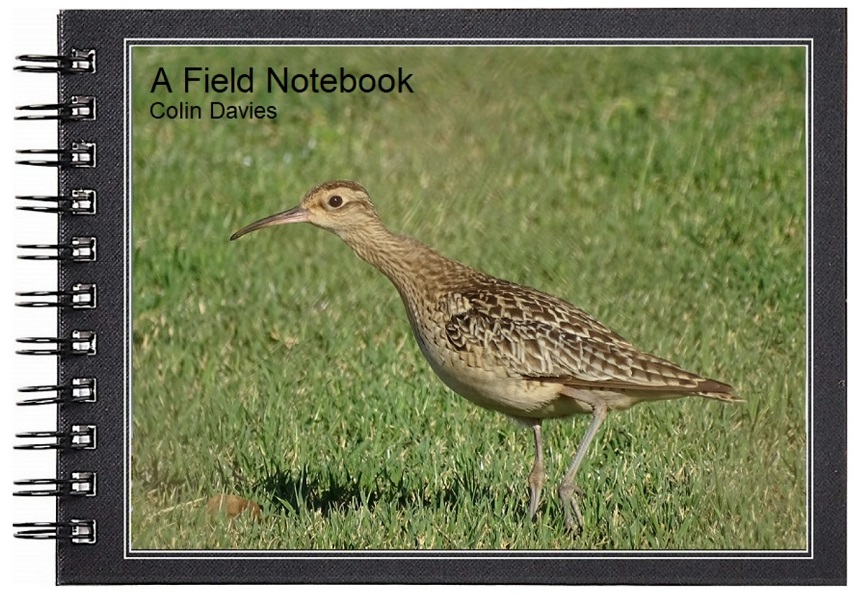Saturday, 25 May 2019
Spoonbill
A young adult spoonbill in all of it's breeding finery at Burton Mere Wetlands today. It's a young adult because it has dark wing tips but in all other respects it's in full breeding plumage and is one of three birds currently on the reserve where they are nest building and looking likely to breed.
What a turn of events this is, way back in 1981 I remember the excitement of being at Minsmere in Suffolk with my Dad and hardly believing my eyes as a spoonbill flew over and landed on the scrape in front of the hide and began feeding, bill in the water and head swinging from side to side.
These days it's hard to convey the thrill of my first ever encounter with the species which at the time was much rarer than it is today, but it's perhaps even more amazing to recall that my first spoonbill was actually an unexpected bonus of a trip for which the primary reason was to see avocets. Avocets these days hardly raise a birders eyebrow. A week or two ago an avocet at Pennington Flash barely attracted any attention from local birders and I watched it alone in Ramsdales hide and then Horrock's hide, and the species now breeds at several locations in North West England, including Burton Mere Wetlands. Yet back in 1981 if you wanted to see an avocet, East Anglia was your best chance and Minsmere the classic location.
Other rarities also bred at Minsmere in 1981, including marsh harrier and Cetti's warbler, both of which were very rare and difficult to see elsewhere. Sightings of avocet, spoonbill, marsh harrier and even Cetti's warbler are now common place over much of England, if you visit the right habitat, yet for me they remain exciting birds, and spoonbills are the most exciting of the lot, probably due to their exotic appearance.
Even in 2019 a view like this of a spoonbill in full breeding plumage is really special and there is still a lot for us to learn about the species. What a stunning bird this is! The more typical view of a spoonbill is of a distant bird in the middle of a marsh asleep for hours on end, and even when awake it is a juvenile or an adult in non-breeding plumage, lacking the ochre chest, bushy lemon crest and black bill with yellow tip. A full breeding plumage adult is like a different species.
Even more unlikely, how many times have you heard a spoonbill call? When these birds at Burton Mere Wetlands are at their nest high up in the nearby trees, right above the footpath, they occasionally utter deep grunting calls "huh-huh-huh", but away from the nest spoonbills are completely silent. Up until the turn of this century spoonbills hadn't bred in the UK for 300 years, and even now there have been only a handful of breeding records, despite the increasing numbers of birds in the country. So not many people get to hear them call.
Back in 1981 I'd never have believed that I'd see and hear a spoonbill like this anywhere in the UK, let alone in the North West.
Back in 1981 I'd never have believed this either. In November last year I saw two other species of spoonbill, Royal and yellow-billed spoonbill at Werribee near Melbourne, Australia. The royal spoonbill on the left is in full breeding plumage with ochre breast and full crest, whereas the yellow-billed spoonbill on the right is I believe a non-breeding adult.
This adult yellow-billed spoonbill is approaching full breeding plumage. Note the black pencil thin line around the face, a few diagnostic dark plumes in the wings and the white plumes on the breast, however it is lacking the pale blue face of a bird in full breeding plumage. This species never has the crest of royal or Eurasian spoonbills.
Subscribe to:
Post Comments (Atom)
Popular Posts
-
There's been a drake bufflehead frequenting the North Wales coast since the beginning of December and finally today I managed...
-
Another great day at Martin Mere, the highlights for me being these two adult spoonbills on the pond outside the United Utilities...
















No comments:
Post a Comment